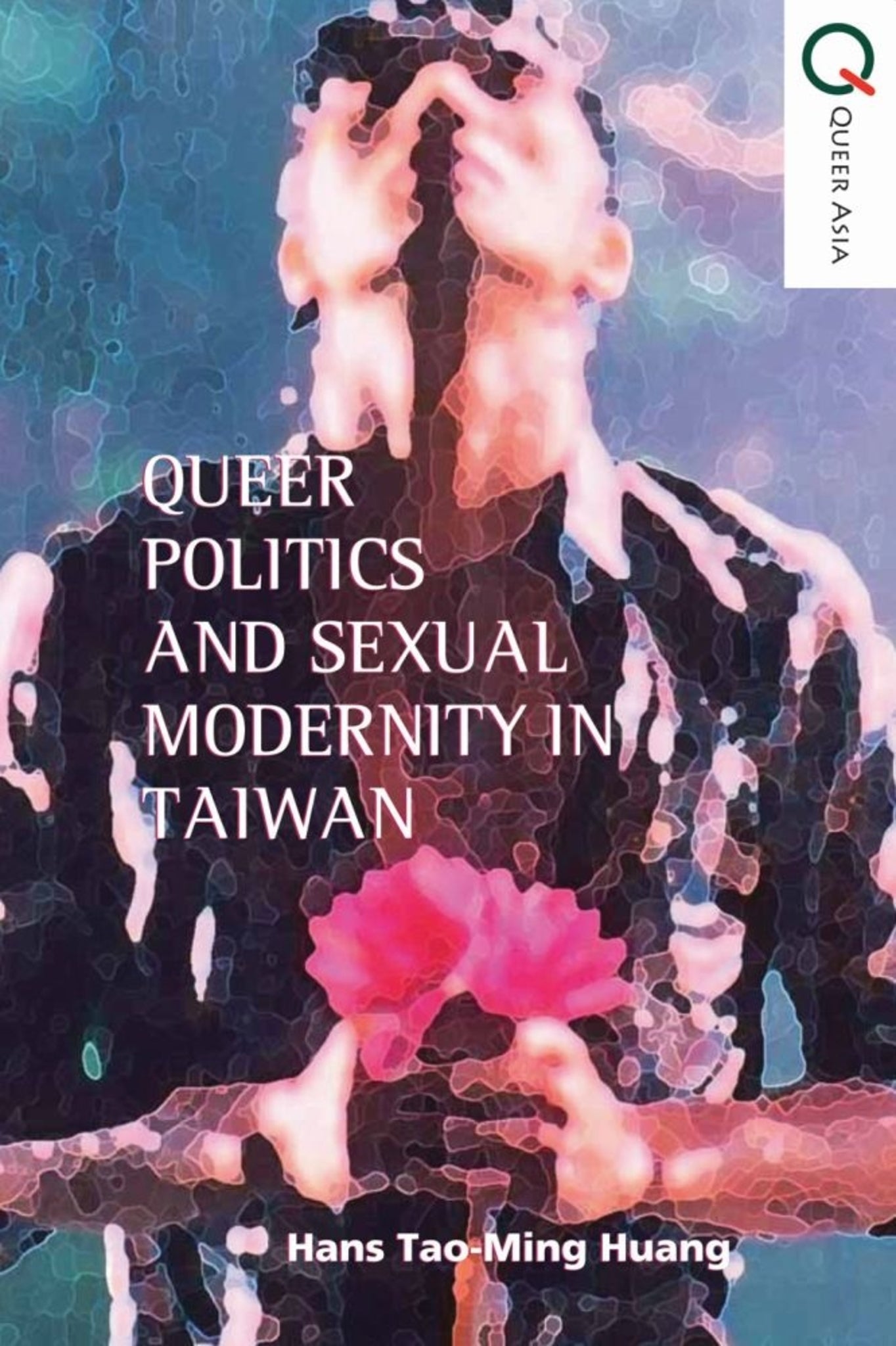We're sorry. An error has occurred
Please cancel or retry.
Queer Politics and Sexual Modernity in Taiwan
Regular price
£41.80
Sale price
£41.80
Regular price
£41.80
Unit price
/
per
Sale
Sold out
Re-stocking soon
This book delineates the history and politics of gender and sexuality since postwar Taiwan. Tracking the interface between queerness and national culture, it underscores the imbrications of male ho...
Read More

Some error occured while loading the Quick View. Please close the Quick View and try reloading the page.
Couldn't load pickup availability
- Format:
-
01 August 2011

Examining the deployments of gender and sexuality over the past five decades in Taiwan, this book chronicles a queer historiography that illuminates the production of sexual identities and the formation of sexual modernity. Through primary research and historical investigation, Hans Tao-Ming Huang offers a contextualised study of Pai Hsien-yung's Crystal Boys, one of Taiwan's first recognized gay novels, as he critically engages disparate discursive fields of dominant legal and medical discourses of sex, lesbian and gay activism, as well as mainstream feminist politics. He shows that the construction of male homosexuality as a term of social exclusion is historically linked to the state's banning of prostitution, further delineating a moral-sexual order that has come to be buttressed by the hegemonic rise of anti-prostitution state feminism since the 1990s. In exploring the imbrications of male homosexuality, prostitution and feminism in Taiwanese national culture, Huang boldly ventures a politics of sexual dissidence that contests state-inspired heteronormativity.

Price: £41.80
Pages: 284
Publisher: Hong Kong University Press
Imprint: Hong Kong University Press
Series: Queer Asia
Publication Date:
01 August 2011
Trim Size: 9.00 X 6.00 in
ISBN: 9789888083077
Format: Hardcover
BISACs:

Hans Huang's book is a rare combination of significant primary research into a variety of published texts and theoretically informed historical analysis, covering the period from the 50s and 60s to the present. The result is an account of some key discursive formations within which different forms of sexually defined selfhood are produced, attitudes to forms of sexual behaviour are encouraged among the general population.--Chris Berry, Goldsmiths, University of London



